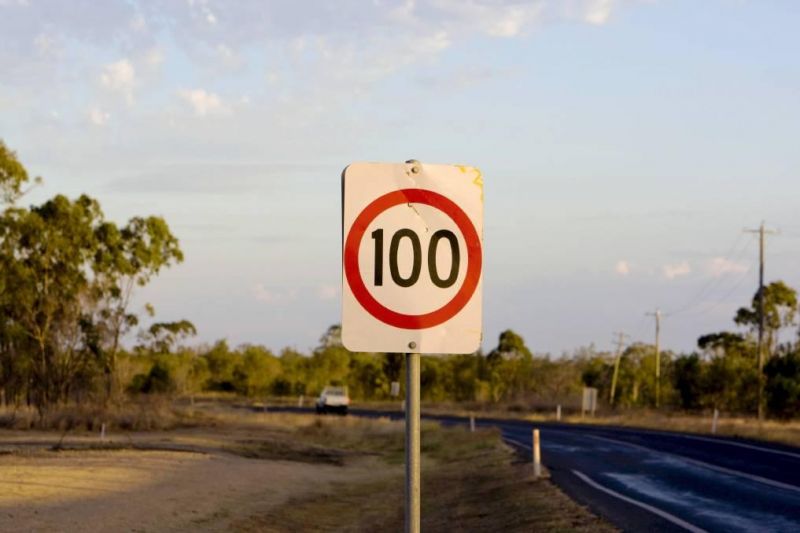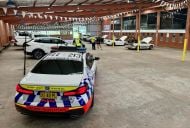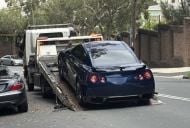It might seem like a counterintuitive measure, but when learner drivers are learning how to drive, they are not allowed to learn how to drive at the speed limit of major highways and freeways.
- Learner drivers are not allowed to travel at the maximum speed limits in some jurisdictions
- The rules vary based on where the L plate licence was issued
- Fines and penalties apply for speeding while on L plates
It’s one of the weird quirks of the driver education system in Australia, and arguably something that leads to frustration for other road users, and nervousness for the learner drivers in question.
We’ve all been driving on a single-lane highway signposted with a 100km/h limit, only to find ourselves ‘stuck’ behind an L-plater doing a much lower speed – mind you, they are just doing the right thing, based on the law.
Your humble correspondent was learning to drive back when the limit in NSW was 80km/h – thankfully, it’s higher now, but the added duration for longer drivers (and therefore extra fatigue for me, as a driver) was an unending frustration, despite my eagerness to get behind the wheel with my parent in the passenger seat.
Penalties for exceeding the imposed or signposted speed limit will depend on the jurisdiction and the severity of the offence.
Here’s a rundown of the speed limits applicable to L platers or learner drivers across Australia:
New South Wales – 90km/h: According to the NSW Government learner driver licence guidelines: “Learners must never drive above 90km/h. Do not use any mobile phone while driving, or while your vehicle is stopped but not parked. This includes hands-free devices or loud speakers. Learners must not tow any other vehicle.”
Victoria – no restriction: According to Vicroads Learner Driver FAQs, there is no rule around L platers having to sit at a ‘lower’ speed than other road users. “There is no set speed limit driving on your Ls, but you should always drive within the speed limit and at a speed that’s safe for the area you’re in.”
South Australia – 100km/h: The SA Government’s learner driver conditions list states that L platers in that state must “not exceed the speed limit by more than 10km/h”, and further, they must “not exceed the 100km/h speed limit at any time”.
Queensland – no restriction: The Queensland government doesn’t ask learner drivers to stick to a lower limit, just because they’re learning to drive.
Western Australia – 100km/h: According to the Road Safety Commission, WA imposes a limit on L platers: “The highest speed allowable for learner drivers is 100 km/h.”
Tasmania – 90km/h: Tassie has a clearly stated law around speed limits for learner drivers. According to the Plates Plus site, L platers must “drive no faster than 90km/h even when a higher speed limit applies”.
ACT – no restriction: Being landlocked by NSW, the ACT has some pretty interesting wording around what L platers are allowed to do, speed-wise. ACT Policing’s site states: “Learner drivers can drive to the posted speed limit in the ACT. However, when driving in NSW, learner drivers must check with the jurisdiction where you intend driving for local speed regulations that apply.”
In other words, you can do 100km/h right up to the point that you cross the NSW border, and then you have to abide by the 90km/h law.
Northern Territory – 80km/h, but with an asterisk!: According to the NT speed limits information site: “Learner licence holders are restricted to a maximum speed of 80km/h – unless accompanied by a licensed driving instructor.”
Strangely, however, the NT Road Users Handbook contradicts that statement for Class C (car) learner drivers: “Speed limit: You must not drive faster than 80 km/h at any time, regardless of the sign posted speed limit, and you must observe the speed limit where it is below 80 km/h.”
Not intended as legal advice. Check with the relevant roads authority in your state or territory.




